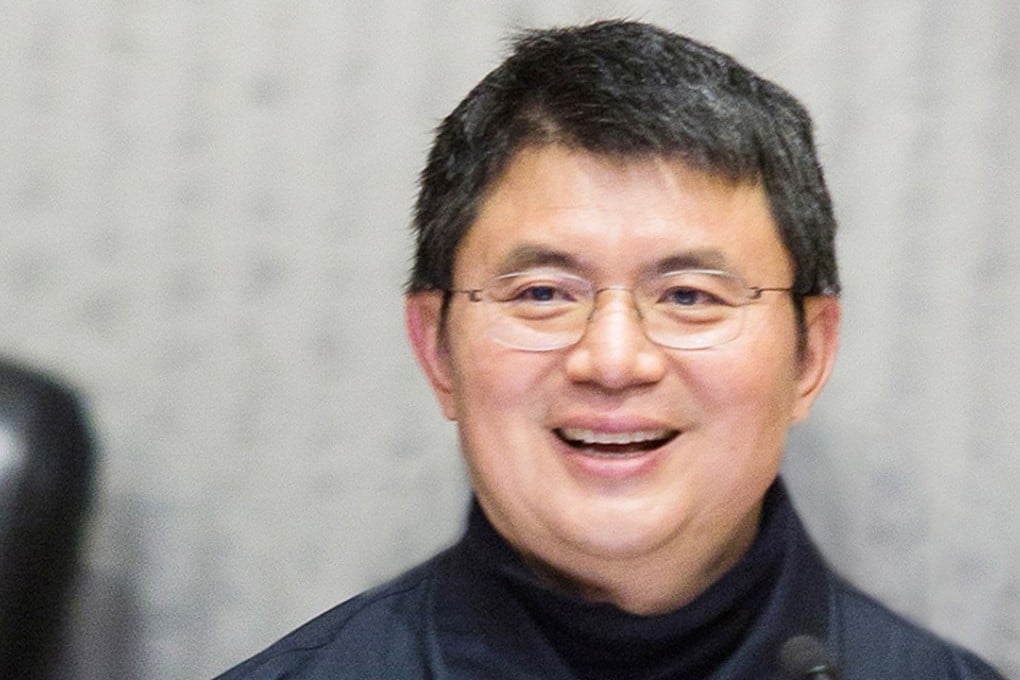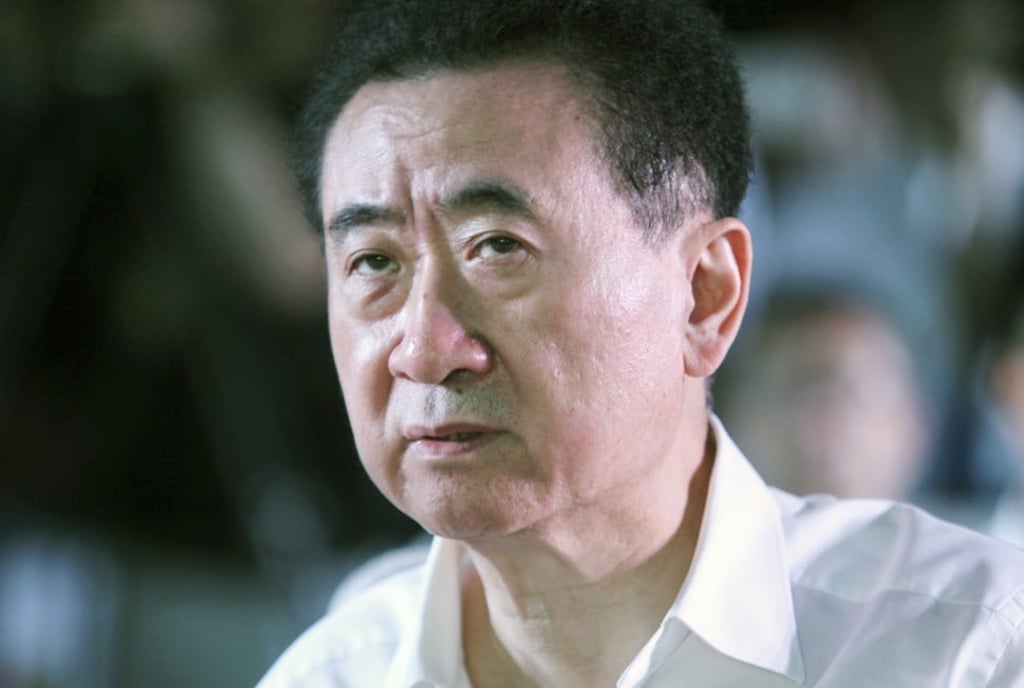Exclusive | China’s missing financier placed a bet on Wanda’s privatisation, but will he show up to collect?
Entity controlled by missing tycoon Xiao Jianhua had pitched investors investing in Wanda’s privatisation deal, sources say

Xiao Jianhua, the financier who was plucked from his Hong Kong hideout and has been in the custody of Chinese authorities since late January, was an investor in magnate Wang Jianlin’s privatisation of Dalian Wanda Commercial Property, according to two bankers with knowledge of the deal.
Xiao’s investment, made through intermediaries and unknown to Wanda’s executives last year, underscores the intricate web of influence woven by the man who’s known as the financier to China’s elites.

His bankers at China International Capital Corp. assembled a consortium of investors and lenders to come up with HK$34.45 billion (US$4.4 billion) in equity financing and loans.
The consortium would offer HK52.80 cash to buy up each share of Wanda Commercial, a 44.5 per cent premium over the stock’s last price on March 29 before the plan was unveiled last year, according to documents filed with the Hong Kong bourse.